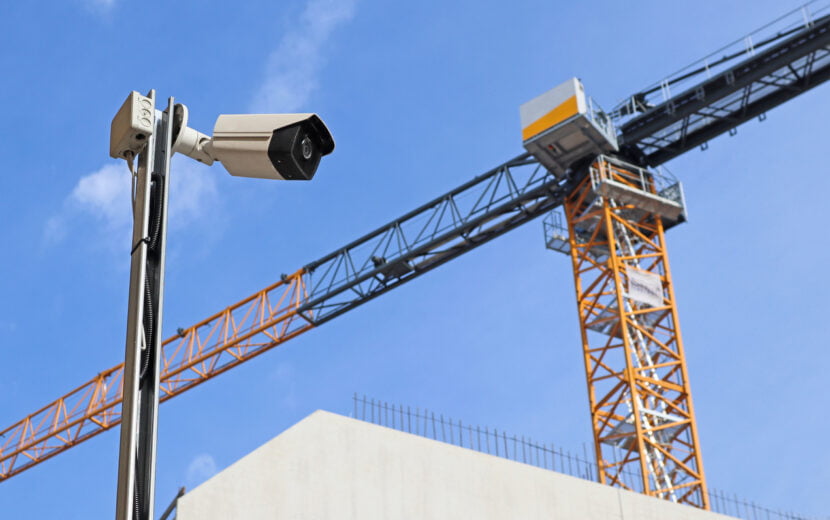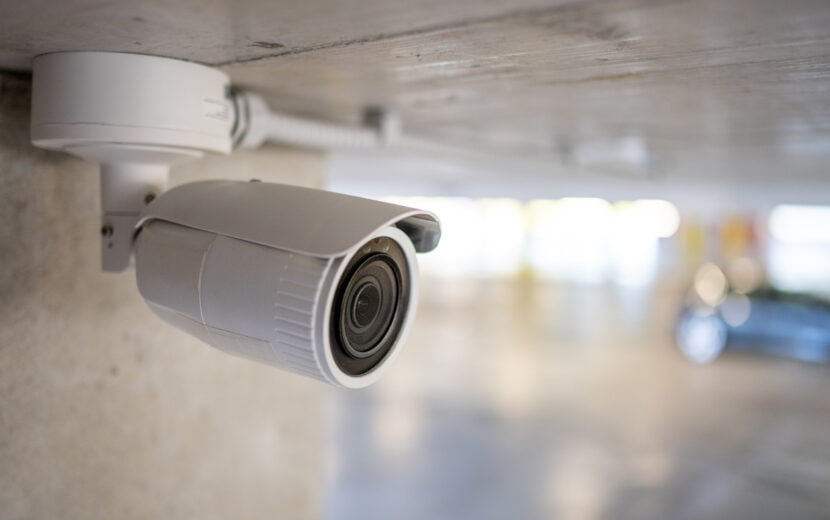Fire Alarm Systems
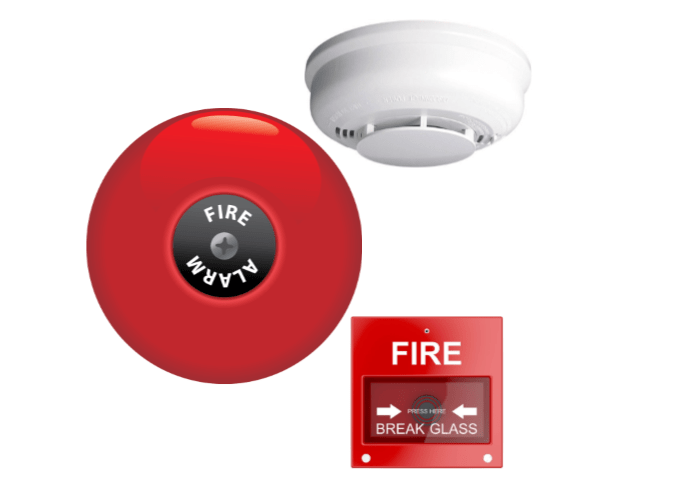
Fire Alarm Systems can vary from a single standalone smoke alarm that complies with AS 3786 for use in residential premises through to a dedicated Fire System complying with AS 1670 for a large commercial building or complex. Fire Alarms are a legislated requirement so it’s critically important you establish fire detection to meet with the minimum requirements specified by the Building Code of Australia.
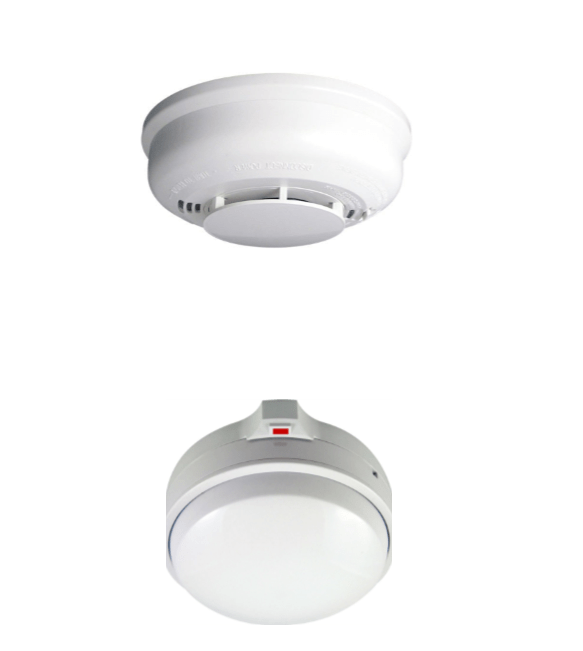
Home Smoke Alarms
All South Australian residential dwellings must be fitted with a working smoke alarm by Regulation 76B under the Development Act 2008 in one of the following compliant formats:
Before 1995 all residential dwellings built must battery powered smoke alarm/s that complies with AS3786-1993 and will provide reasonable warning to occupants of bedrooms in that dwelling so that they may safely evacuate in the event of fire.
Residential dwellings built after 1995 are required to have installed a hard wired smoke alarm/s powered by 240v mains or powered by 10 year long life non replaceable battery that complies with AS 3786 and will provide reasonable warning to occupants of bedrooms in that dwelling so that they may safely evacuate in the event of fire.
Change of Ownership, within six month from the date of Transfer of Title all residential dwellings are required to have installed a hard wired smoke alarm/s powered by 240v mains or powered by 10 year long life non replaceable battery that complies with AS 3786-2014 and will provide reasonable warning to occupants of bedrooms in that dwelling so that they may safely evacuate in the event of fire.
NOTE: Smoke alarms older than 10 years old or Ionization type smoke alarms should be replaced with Photoelectric smoke alarms.
Fines may apply if alarms are not installed in compliance.
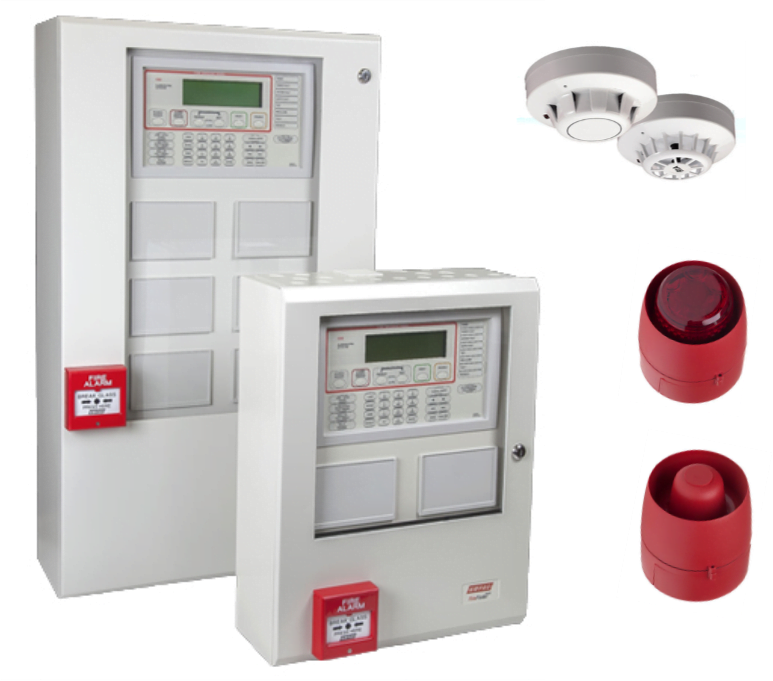
Fire Alarm Systems
Both Commercial and Residential buildings may require Fire Alarm Systems in compliance with AS 1670 under the Building Code of Australia. The requirements for each individual building are different and there are many contributing factors that need to be carefully evaluated by a suitably qualified and experienced professional. This evaluation process is typically carried out as a certification required by the local authority (Local Council) with any new building, alteration or reclassification of a building’s use.


